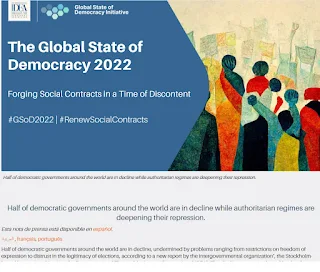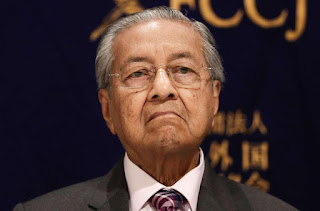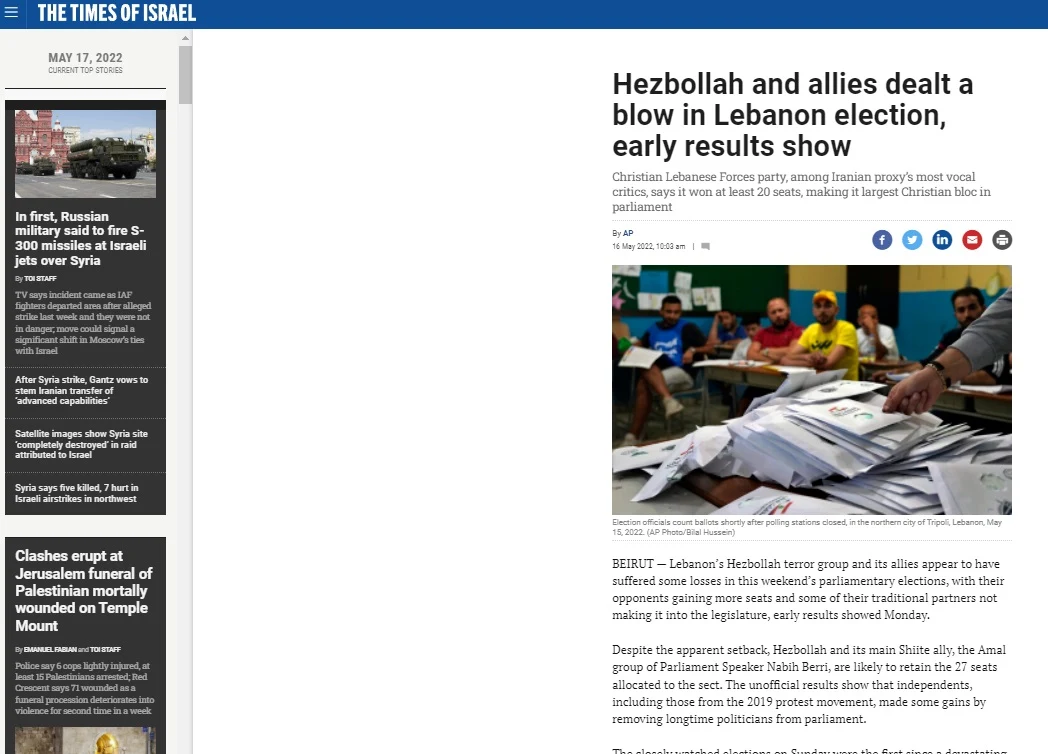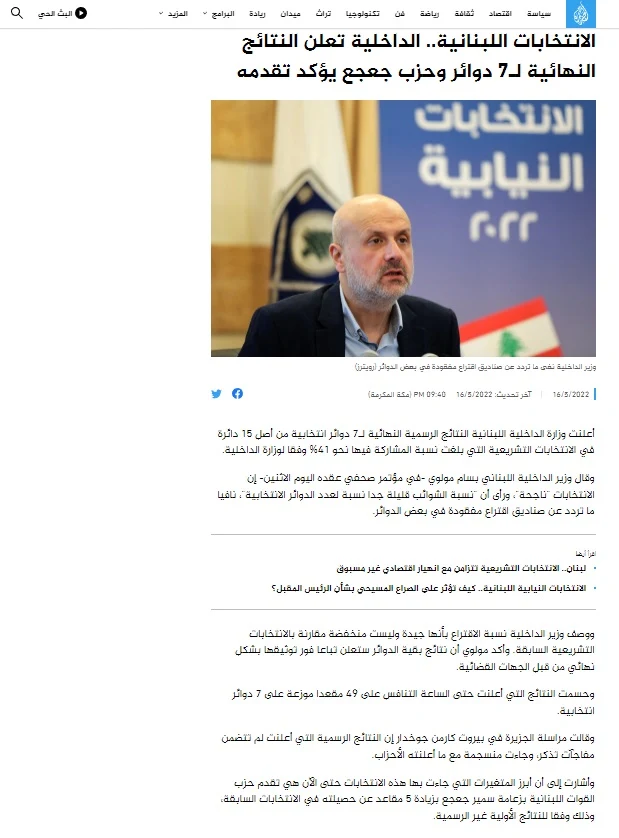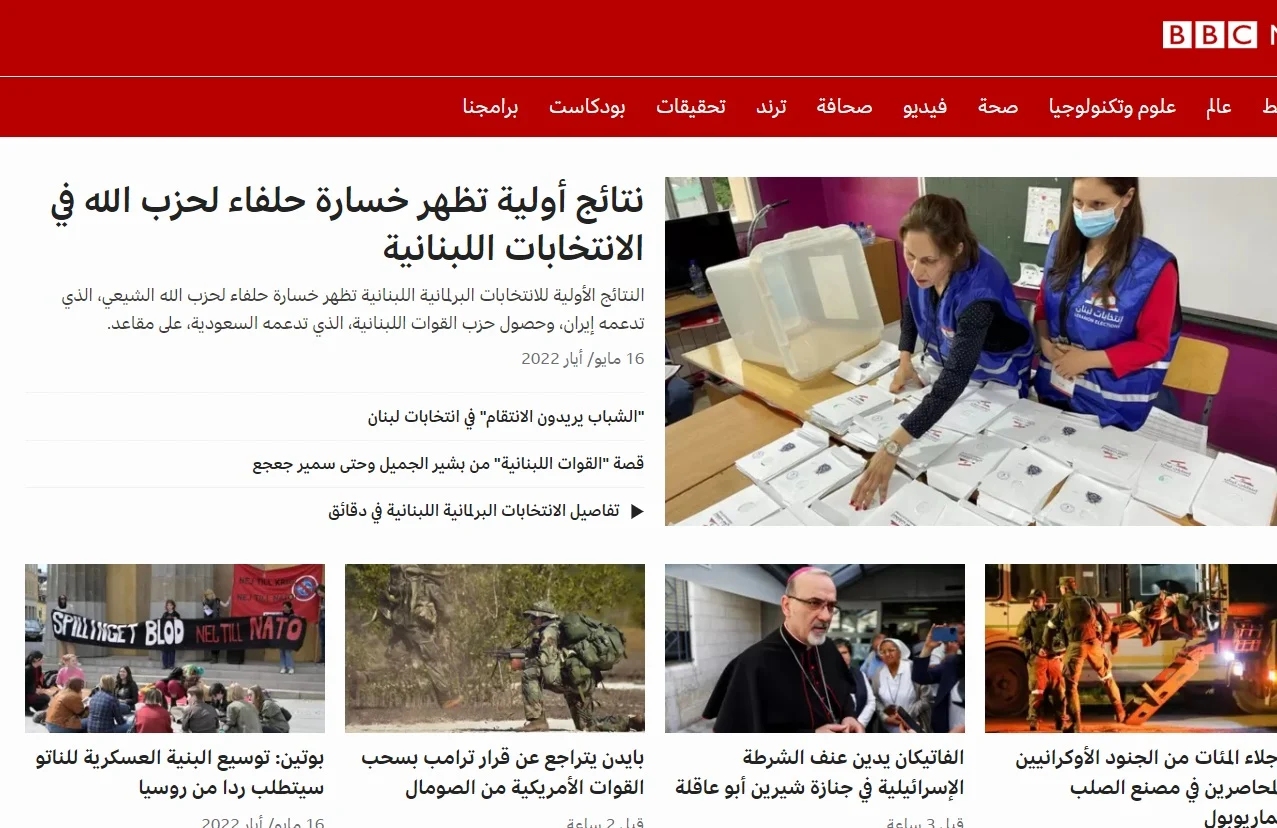
Report: Half of the world's democracies are in decline, and Washington is in peril
A report published by the International Institute for Democracy and Electoral Assistance revealed today, Wednesday, that half of the democracies in the world are witnessing a decline in their political system.
"We are now seeing factors that are very unfavorable to democracy, exacerbated by the consequences of the economic crisis caused by the pandemic and the economic consequences of the war in Ukraine," Kevin Casas-Zamora, secretary general of the Sweden-based institute, told AFP.
He explained that this regression could appear through a review of the credibility of elections, violations of the rule of law, or the imposition of restrictions in civic space.
The number of democracies facing serious undermining, which the report classified as countries "in decline" increased from 6 to 7 in 2022, with El Salvador added to it along with the United States since last year, and Brazil, Hungary, Poland, India and the island of Mauritius.
 Kevin Casas-Zamora saw the US situation as "particularly dangerous". The report warned that this country suffers from problems of political polarization, disruption in the work of institutions, and threats to civil liberties.
Kevin Casas-Zamora saw the US situation as "particularly dangerous". The report warned that this country suffers from problems of political polarization, disruption in the work of institutions, and threats to civil liberties.
"It is now clear that this fever has not subsided with the election of a new administration," said the Secretary-General.
This appears especially in the levels of polarization out of control, and attempts to "undermine the credibility of election results without any evidence of fraud," according to Casas-Zamora.
The rise of authoritarianism
Of the 173 countries included in the report, 52 of the democracies included in it are in decline.
On the other hand, 27 countries moved to an authoritarian regime, which is more than double the countries that moved to democracy.
Likewise, almost half of the authoritarian regimes tightened their repression during 2022, while Afghanistan, Belarus, Cambodia, the Comoros and Nicaragua recorded a "regression", according to the report.
In Asia, where only 54% of the population lives in a democracy, authoritarianism intensifies, while the African continent remains "resilient" in the face of instability despite the many challenges it faces.
In Europe, about half of the democracies, or 17 countries, have suffered a decline over the past five years.
The report stressed that "democracies are striving to find an effective balance in an environment of instability and anxiety, and populism continues to spread in the world, while innovation and growth are stagnant or regressing."
Casas-Zamora explained that "democratic regimes have recorded a real deterioration in the last two decades, and this raises a hot issue," but on the other hand, there are "signs of progress."
_________
Sources:
https://www.idea.int/news-media/news/global-democracy-weakens-2022

